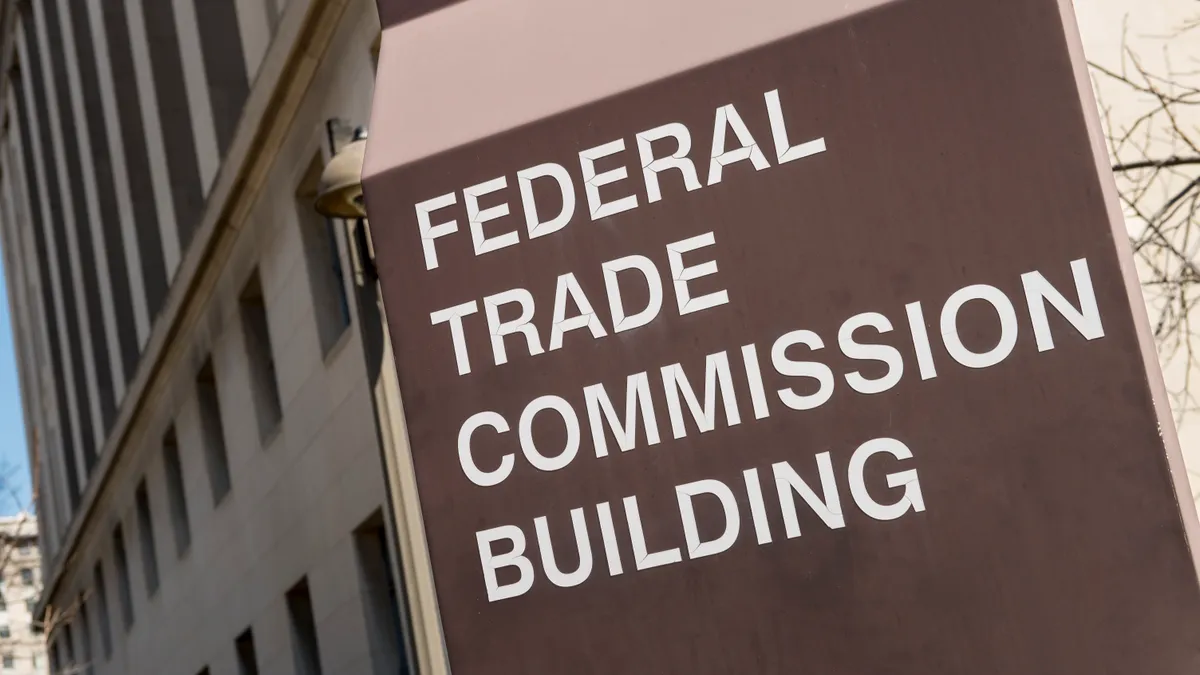Federal antitrust regulators put out a call last week for information on roll-ups and other serial acquisitions in an effort to curb mergers that could give companies an unfair competitive edge.
“Firms can use serial acquisitions to roll up markets, consolidate power, and undermine fair competition,” Federal Trade Commission Chair Lina Khan said in announcing the request for information.
The request for information, joined by the Department of Justice, is the latest effort by the agencies to shine a spotlight on roll-ups, a business model favored by private equity firms, among other other corporate actors, whose use of small-scale transactions that fly under the radar of merger review thresholds has enabled them to avoid scrutiny over the years.
“Federal antitrust enforcement tools [need to] keep pace with changes in how firms do business,” the FTC has said.
This appears to put a target on the backs of companies whose business model focuses on acquisitions of competing operating companies.
“Private equity firms that have not encountered strong antitrust scrutiny in the past should be prepared for a very different experience with future acquisitions,” Arindam Kar of Polsinelli said when the FTC and DOJ started talking about roll-ups in 2022.
Section 5 authority
The FTC set the stage for this stepped-up scrutiny two years ago when it released a policy statement that it called a restoration of Section 5 of the FTC Act as a central tool of antitrust enforcement.
That statement, the FTC said last week, “makes clear that serial mergers, acquisitions or joint ventures can be anticompetitive.”
The agency’s previous policy statement restricted its oversight to a narrower set of circumstances, making it hard for the FTC to challenge the full array of anticompetitive behavior in the market, the agency said.
Under the previous policy, the agency followed a conservative rule-of-reason test used by the courts that looked at deals in isolation rather than as part of a broader strategy.
The new policy changes that calculus by leveraging the agency’s unfair trade practice authority under Section 5 to look at deals through a broader lens. That lets the FTC go after deals that don’t raise concerns by themselves but could be seen as raising competitive issues when looked at as part of a pattern.
“We would not be surprised if … ‘roll-up’ acquisitions that in isolation would not raise concentration concerns” are subject to new scrutiny, Troutman Pepper attorneys said at the time the policy statement was released.
The merger guidelines the FTC and DOJ issued jointly in 2023 takes the focus on patterns a step further by instructing reviewers to curb mergers that look like they will further a trend toward concentration. In some cases, mergers that would result in concentration of as little as 30% could be called into question.
Examples sought
In their joint request for information, the agencies are asking consumers, workers and others to share examples of companies using a serial acquisition strategy.
“Serial acquisitions involve the same firm consolidating a fragmented market through a number of acquisitions, typically of many relatively small companies,” the agencies say in the RFI.
The agencies issued a similar RFI, along with a public portal for uploading information, earlier this year that was focused on the healthcare space. The Department of Health and Human Services was part of that effort.
Healthcare has been a focus of antitrust enforcement under the Biden administration, and in one case last year the FTC went after a private equity firm for what the agency says was an effort to consolidate the anesthesiology market in Texas. The case was dismissed but the court left the door open to the FTC to take other steps to curb unfair practices by the company.
The agencies are seeking information on roll-ups for 60 days. The acquisitions can be in any sector of the economy, although the agencies singled out housing, defense, cybersecurity, distribution, agriculture, construction, aftermarkets and professional services for scrutiny.











